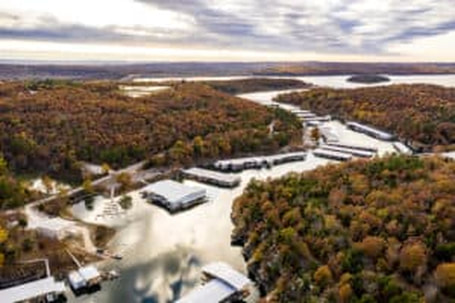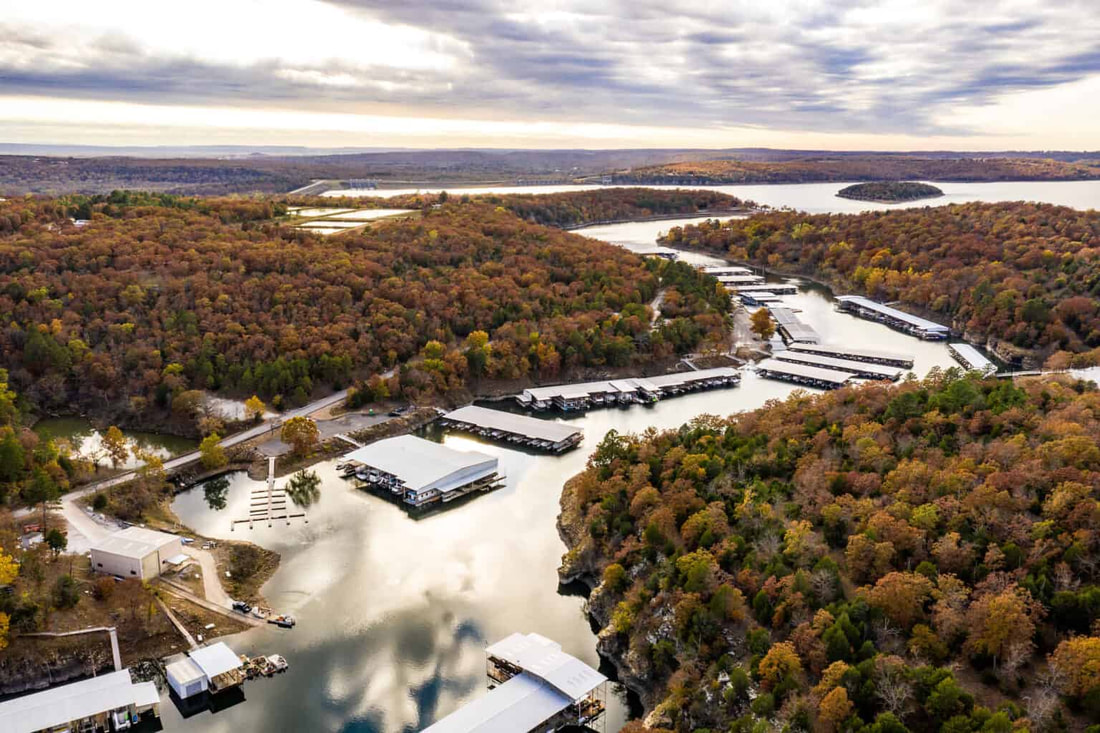Federal court ruling brings decades of wrangling home to roostBy KELLY BOSTIAN Oklahoma Ecology Project Longtime observers say the State of Oklahoma and the poultry industry face a high hurdle and high stakes as they tackle decades-long pollution issues involving the scenic Illinois River and Lake Tenkiller. In the last paragraphs of his detailed 213-page decision and findings of fact issued Jan. 18, U.S. Northern District Court Judge Gregory Frizzell told the 11 named poultry companies, including giants Tyson and Cargill, to come to an agreement with the state by March 17 or he will determine a final ruling of his own. “It’s a high-entry crap shoot for the poultry companies, if you’ll pardon that phrasing, to not try to get this resolved now,” said former Oklahoma Attorney General Drew Edmondson, who first filed the lawsuit in 2005. What an immediate agreement might look like, and whether that deadline will be met, is anyone’s guess. And it takes some understanding of decades of issues and litigation to put the size of the challenge into perspective. Edmondson said he doubts poultry companies will simply appeal. That would put into play a portion of the original lawsuit that Frizzell dismissed early in 2009, before the case went to trial. Frizzell then ruled the state could not seek millions in damages through federal law because it failed to properly include the Cherokee Nation in the lawsuit as a water rights holder. Many have wished to appeal that decision but couldn’t because the original case has been pending for 13 years. “If they want to appeal to the 10th Circuit now the state could then make its appeal on that federal ruling,” Edmondson said. “It’s pretty clear that would be overturned, and that’s where the state could recover for damages to Flint Creek, to the Illinois River, to Tenkiller, and that could be incredibly expensive to the industry.” Over the many court cases and negotiations of the past 40 years, what is different this time around is all that has been established with science and in the courts, most of which is cited in Frizzell’s detailed 213-page decision, he said. The chemistry of the river and Lake Tenkiller is well understood, past litigation has established boundaries, and all of it has come home to roost with the industry, he said. “The key finding is that, while there are other factors, Frizzell found that the poultry industry is by far the main entity responsible,” he said. “He also found it is not the responsibility of the growers and that is a key point. It is the corporations that control all aspects of it and they are the ones responsible.” Happening nowAnd official word from state and industry parties directly involved is scant until legal wrangling is completed and, less than a week since the ruling, many still are digesting its contents. Judge Frizzell said he couldn’t speak to the case until after its conclusion. Poultry company representatives have issued responses similar to the statement offered by The Poultry Federation’s Oklahoma representative Tyler Norvell: “The named defendants are continuing to review the 200-plus page decision. As of today, we have no further comment.” Attorney General Gentner Drummond has said the state will “thoroughly review the judge’s decision and determine the appropriate path forward.” While the group likely will not be consulted for a ruling, Denise Deason-Toyne, President of the state’s lead Illinois River advocacy group, Save The Illinois River, called the decision a watershed moment. “This decision solidifies STIR’s mission of protecting the Illinois River, its tributaries, and TenKiller Lake from point and non-point source pollutions. STIR has been battling since 1984 to protect this watershed and this decision sends a clear message that this battle, while certainly not over, is in the right,” she said in a statement. A long history, brieflyEd Brocksmith, a STIR founder and an outspoken member of a generation that knew Tenkiller as a clear-water lake, not green, and its creeks devoid of filamentous algae. He said he was first alerted to the coming issues for the 1.1 million acre watershed in 1978 and got involved soon thereafter. “It was the U.S. Supreme Court ruling (in 1992) that set the stage, basically stating that upstream states have to meet the water quality standards of downstream states,” Brocksmith said. STIR and the former Oklahoma Scenic Rivers Commission (since absorbed by Grand River Dam Authority) brought that suit with pro-bono help from Drew Edmondson’s father, Ed, among others. “We could not have enjoined that suit without the pro-bono help from Ed Edmondson,” Brocksmith said. While the basic argument was won, it wouldn’t be until 2003 that Oklahoma would define an acceptable phosphorous level of .037 parts per million for the river. That figure was hotly debated until a Baylor University study confirmed it and the states jointly agreed on the .037 ppm standard in 2016. That standard has yet to be met in the river at the Oklahoma-Arkansas border, he said. Attorney General Edmondson’s 2005 filing underwent legal wrangling and was finally heard for 52 days, Sept. 24, 2009-Feb. 18, 2010, in Tulsa with the final findings of fact and decision issued last week. Some believed a decision never would come, and in the meantime, state agencies, the EPA, non-profit groups, and poultry companies wrangled over various permits, voluntary best practices, and transparency of record keeping on poultry waste production and disposal. Joint state organizations and private-public commissions continue to work toward improvements and to find funding for on-the-ground remediation and preventative work. Hands around poultry’s throatSemi-retired attorney Bob Kellogg was not part of the original poultry lawsuit in 2005 but having started with the Oklahoma Department of Health in the 1970s and as first executive counsel for the “new” Oklahoma Department of Environmental Quality in the early 1990s, he is well aware of the chronology of the past 40 years.
In later private practice and retirement, he has volunteered with STIR. “What is different this time is Frizzell said ‘poultry industry, you are liable.’ This hasn’t been out there before. In 30 years of litigation over water quality and standards, this is the first time the poultry industry has been singled out and is really on the hook, that is huge leverage for (Attorney General Gentner Drummond),” he said. Efforts for remediation will have to be discussed, and how poultry waste is handled will have to be much more closely monitored. The industry needs to find a way to properly dispose of the thousands of tons of litter now applied within the Illinois River Drainage, he said. At one time the industry scoffed at a pennies-per-pound surcharge on poultry to pay to build and operate centralized waste treatment plants, he said. Even something like that could be on the table, he said. “For the first time ever, despite the lack of federal regulations, the State of Oklahoma has its hands around the throat of the poultry industry,” he said. Kelly Bostian is an independent writer working for the Oklahoma Ecology Project, a 501c3 non-profit dedicated to in-depth reporting about environmental issues for Oklahomans.
0 Comments
Leave a Reply. |
Archives
May 2024
Categories
All
|
Conservation Coalition of Oklahoma
P.O. Box 2751
Oklahoma City, OK 73101
[email protected]



